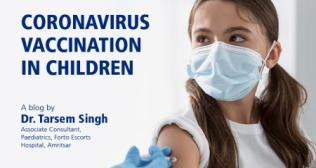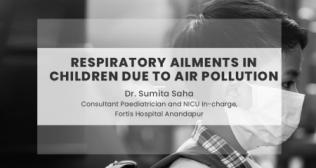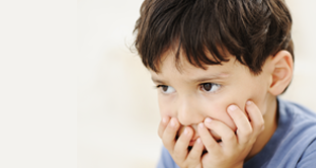Children Are At Risk Of COVID19 Infection
Dr Jesal Sheth tells us ways to safeguard children.
New Delhi, April 3, 2021: For much of last year, children were less affected by COVID19. However, with the second wave raging upon us, this scenario has changed. This time children are quite affected and are more at risk. In the last 15 days, we have seen a surge in cases among kids. This strain is proving to be more infectious and transmissible among children & adolescents in the age group of 8 to 18 years. The festive season, partial school reopening, socializing and negligence in following COVID guidelines are the main reasons.
The pandemic is spreading fast across India – Maharashtra, Gujarat, Punjab, and Karnataka has been hit the most. Maharashtra accounts for 60 % of total COVID cases reported in India. Experts believe that the second wave of a pandemic may peak towards the end of April, and it may last till May 2021.
Children are reported to have mild symptoms or of being asymptomatic and super spreaders. The symptoms may include rash, gastrointestinal symptoms, weakness, persistent fever, increased respiratory problems, and dry cough. Kids seem to spread the virus rather quickly, but utmost precautions need to be taken as we are uncertain of its impact on them.
Children are at risk of developing Viral Pneumonia too. Few children might develop late COVID complications like Multisystem Inflammatory Syndrome in which organs and tissues such as the heart, lung, blood vessels, brain, skin, or eyes become severely inflamed. Therefore, the growing incidence of COVID19 among children is worrying and needs urgent attention.
It is advised to consult a doctor and get a COVID test done if your child shows any symptoms. Their health and safety precautions must be taken seriously, and follow the COVID guidelines of masking, sanitizing and maintaining social distancing. Here are recommendations that can be followed to minimize the risk.
Maintain Distance
- Maintain social distancing
- Refrain from coming in contact with visitors unless necessary
- No outdoor playtime for kids and meeting friends. Please encourage them to play indoor games and organize virtual meets with friends
- Wear the mask properly and not below the nose in public places
Personal Hygiene
- Avoid touching eyes, nose and face
- Wash and sanitize hands at frequent intervals
- Covering the face and mouth while sneezing or coughing
- Staying home if not feeling well to avoid the spread of germs/ infection
Home Hygiene
- To reduce any infection, disinfect high touch surface areas
- Clean the doorknobs, tables, chairs, handrails frequently
- Remove shoes outside
- Use dustbin with lids
- Clean and wash the food items before storing and consuming
(Dr Jesal Sheth is Senior Consultant-Paediatrician, Fortis Hospital, Mulund; Cover image Pixabay)
Source: theparentslogue
Categories
Clear allMeet the doctor

- Paediatrics | Paediatrics
-
20 Years
-
1300

















